Nguyen Ly (1374-1445), from Dao Xa village, Lam Son commune, Luong Giang district (now Giao Xa quarter, Lam Son town, Tho Xuan), was not only a founding hero of the Le dynasty, but also one of the 18 people who attended the Lung Nhai Oath with Le Loi.
 Le Ly, the founding father of the Later Le Dynasty, is listed in the Lam Kinh Special National Relic Site.
Le Ly, the founding father of the Later Le Dynasty, is listed in the Lam Kinh Special National Relic Site.
If the resistance war against the Ming army led by Ho Quy Ly was carried out when the country was not at peace and the government was not popular, then the Lam Son uprising and the war of national liberation led by Le Loi not only overcame the limitations of the previous resistance war, but also had many innovations in military art. The majority of the insurgents were "strong and brave" people - the poor people oppressed by the invaders and reactionaries, who gathered at the call of the commander Le Loi and became brave insurgents.
Nguyen Ly - a person who was present from the early difficult days and in all of Le Loi's battles, but until now, there are still very few documents about him. The book 35 founding heroes of Lam Son (Thanh Hoa Publishing House, 2017) is only 3 pages long; "Lam Son Thuc Luc" also only wrote a few lines about him.
In 1418, when Le Loi had just issued the order to revolt, the Ming army immediately suppressed it harshly. In this unequal confrontation, the Lam Son army suffered many losses. Le Loi was forced to withdraw all his forces to Muong Mot (now Bat Mot area, Thuong Xuan district) and then retreat to Linh Son (also known as Chi Linh mountain). As soon as the enemy ended the siege of Linh Son, Le Loi immediately ordered his soldiers to return to Lam Son to consolidate their ranks, increase food reserves and purchase more weapons for a long-term fight. However, after returning to Lam Son for a few days, Le Loi had to deal with more fierce attacks and suppression, so he had to withdraw his troops to Lac Thuy.
At Lac Thuy, Le Loi predicted that the Ming army would definitely pursue with all their might. To prevent the Ming army's relentless pursuit, Le Loi decided to set up a very formidable ambush right at Lac Thuy. Nguyen Ly, from the Deputy Commander of the Cavalry Guard, was honored to be given the position of Deputy Commander of this ambush. Besides Nguyen Ly, there were also a number of outstanding generals such as: Le Thach, Le Ngan, Dinh Bo and Truong Loi.
After small victories, the enemy army became complacent and marched into Lac Thuy with the hope of completely destroying the Lam Son army. Taking advantage of the complacency, Le Loi's ambush troops suddenly charged out. The book "Dai Viet Thong Su" recorded about this victory: We "killed several thousand soldiers, and captured thousands of weapons and military equipment". The commander of the Ming army in this battle, Ma Ky, was truly terrified. This was the first great victory of the Lam Son army, opening up many great victories later. Among them, Nguyen Ly's name became increasingly prominent.
In 1420, Le Loi stationed his troops in Muong Thoi. This time, two high-ranking enemy generals, Ly Ban and Phuong Chinh, led over 100,000 troops to attack Le Loi's new base. The guide for the Ming army was the traitor Cam Lan, who was holding the position of Dong Tri Chau in Quy Chau (Nghe An). To take the initiative to attack and defeat the enemy in a surprise battle, Le Loi sent generals Ly Trien, Pham Van and Nguyen Ly to lead troops to lie in ambush at a very dangerous position on the road leading to Muong Thoi.
As Le Loi had expected, Ly Ban and Phuong Chinh had no doubts. As soon as their vanguard force fell into the ambush, Nguyen Ly, Pham Van and Ly Trien immediately ordered their soldiers to charge out from all sides. In this battle, the Lam Son insurgents destroyed a large part of the enemy's forces, causing "Ly Ban and Phuong Chinh to only escape with their lives".
From 1424 to 1426, Lam Son insurgents continuously organized many attacks on the Ming army's area in Nghe An. Nguyen Ly was one of the generals who had the honor of participating in most of the major battles such as Bo Dang, Tra Lan, Kha Luu, Bo Ai... Thanks to his many achievements, he was gradually promoted to the rank of Lieutenant by Le Loi. In September of Dinh Mui year (1427), Nguyen Ly and Tran Nguyen Han captured Xuong Giang citadel, captured Thoi Tu, Hoang Phuc and thirty thousand enemy soldiers. From here, the Ming army gradually weakened, and Lam Son insurgents won every battle.
When Le Loi ascended the throne in 1428, founded the Le dynasty, and took the title Thuan Thien, he rewarded those who went through life and death with him. Nguyen Ly was promoted to Tu Ma, had the right to participate in the court, was ranked as Suy Trung Tan Tri Hiep Muu Cong Than, was given the Quoc Nhan (king's surname) and had an edict praising him: "Le Ly (Nguyen Ly) controlled the four directions, in the North he fought the Ming invaders, in the South he chased Ai Lao. Wherever he went, he made achievements, skillfully knew how to use the weak to defeat the strong, use the few to defeat the many". From then on, history recorded him as Le Ly. In 1429, the Le dynasty erected a plaque engraved with the names of 93 founding heroes, Le Ly's name was ranked 6th.
When King Le Thai To passed away, King Le Thai Tong ascended the throne. At this time, Grand Tutor Le Sat held military power, but did not like Le Ly, so he pushed him to be the Governor of Thanh Hoa, then changed him to the position of Co-Governor of Bac Giang Ha. In 1437, Grand Tutor Le Sat was dismissed from his position and then killed. Le Ly was called back to the court to be the Royal Thieu Uy Tham Tri of the military affairs of the guards in the western region (including the provinces: Thanh Hoa, Nghe An, Tan Binh, Thuan Hoa).
In 1445, Le Ly passed away. King Le Nhan Tong gave him the posthumous name Cuong Nghi, praising his steadfastness and determination, and ordered the construction of a temple in Lam La. Nguyen Ly's tomb was buried in Coc Xa, Dung Tu village, Luong Giang (now Kien Tho commune, Ngoc Lac district, Thanh Hoa province). This is the reason why in Ba Si, Kien Tho commune, every year, people and descendants of the Nguyen family still offer incense at the small tomb on holidays. In the year of Giap Thin (1484), King Le Thanh Tong posthumously granted him the title of "Thai Su, Du Quan Cong", later promoted to "Du Quoc Cong". The following Le kings all granted Le Ly the title of "Trung Dang Phuc Than Dai Vuong".
“Perhaps due to the turmoil of the times, Giao Xa village (now Lam Son town, Tho Xuan district), which is recorded as Nguyen Ly’s hometown, currently has no records, documents, or official history about him,” said Nguyen Van Thuy, a cultural official of Lam Son town. The name Le Ly in Thanh Hoa is now only recorded in the Lam Kinh National Special Relic Site. Introducing us, Ms. Trinh Thi Luan, Head of the Lam Kinh Relic Management Board’s Professional Department, pointed to the plaques recording the background and career of 18 people who attended the Lung Nhai Oath Ceremony with Le Loi. “The simple biographies are enough for us to understand something about the famous general Le Ly. Unfortunately, there are very few documents about him. Hopefully, in the next stage, with the development of document collection and archiving, we will have more sources of information about generals of the Later Le Dynasty, including Le Ly.”
Article and photos: Kieu Huyen
Source


![[Photo] Prime Minister Pham Minh Chinh meets with General Secretary and President of China Xi Jinping](https://vstatic.vietnam.vn/vietnam/resource/IMAGE/2025/4/14/893f1141468a49e29fb42607a670b174)
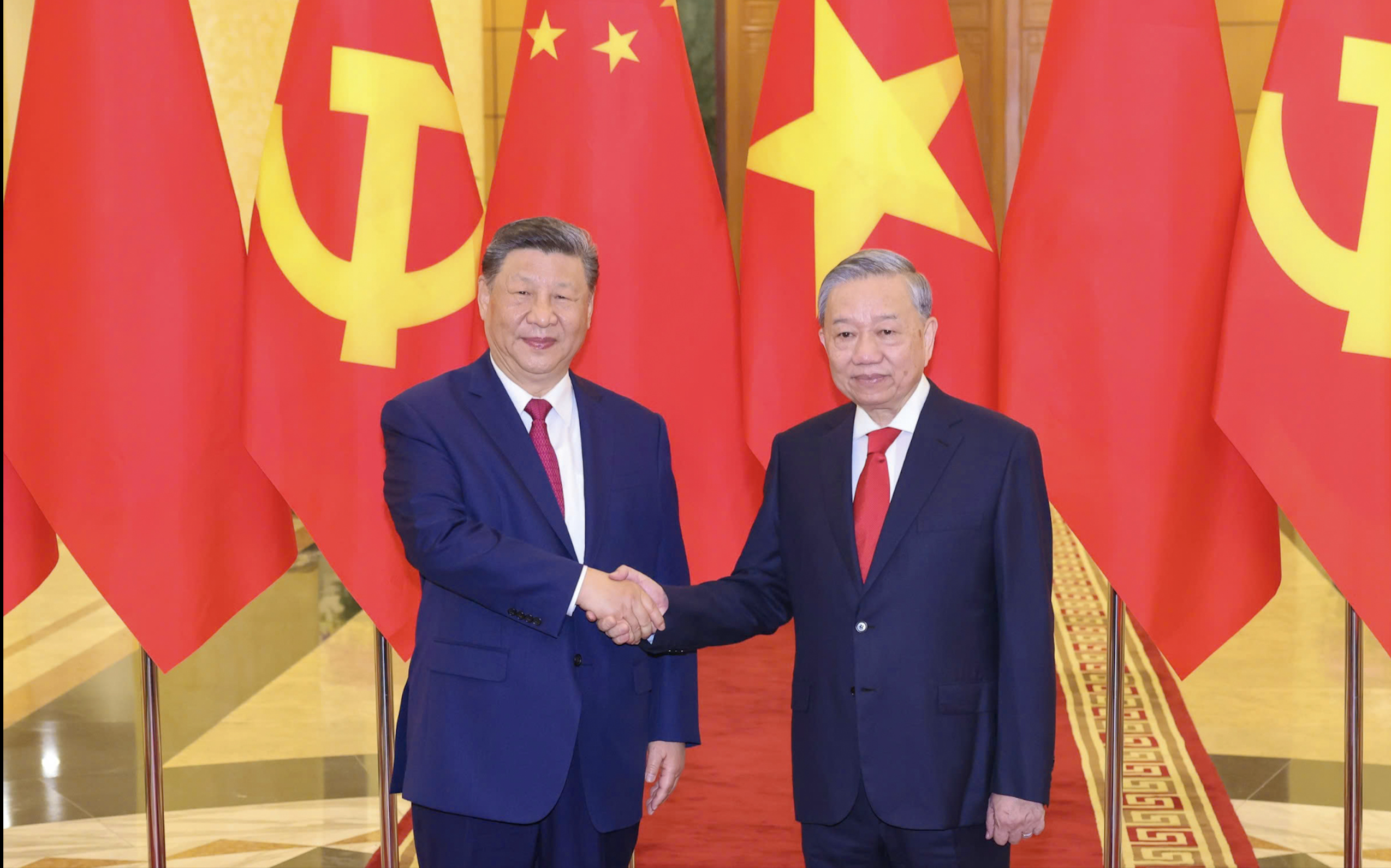
![[Photo] Reception to welcome General Secretary and President of China Xi Jinping](https://vstatic.vietnam.vn/vietnam/resource/IMAGE/2025/4/14/9afa04a20e6441ca971f6f6b0c904ec2)
![[Photo] National Assembly Chairman Tran Thanh Man meets with General Secretary and President of China Xi Jinping](https://vstatic.vietnam.vn/vietnam/resource/IMAGE/2025/4/14/4e8fab54da744230b54598eff0070485)
![[Photo] General Secretary To Lam holds talks with General Secretary and President of China Xi Jinping](https://vstatic.vietnam.vn/vietnam/resource/IMAGE/2025/4/14/b3d07714dc6b4831833b48e0385d75c1)
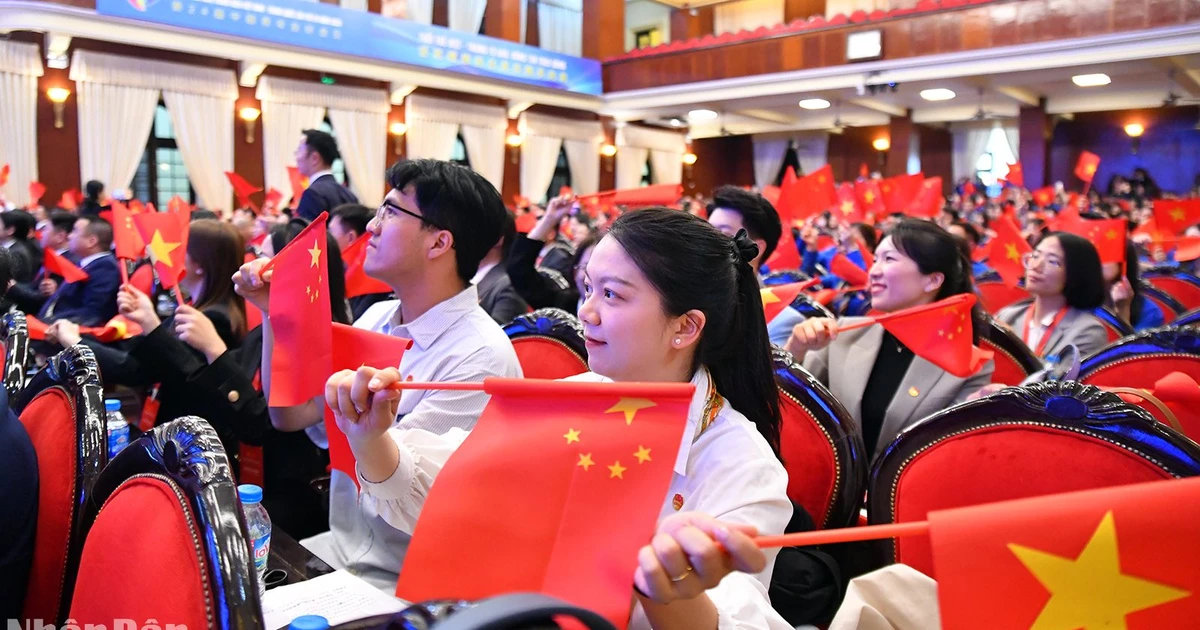
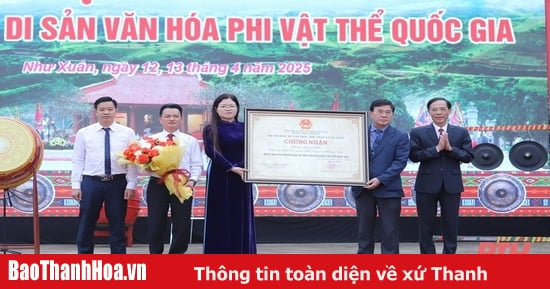
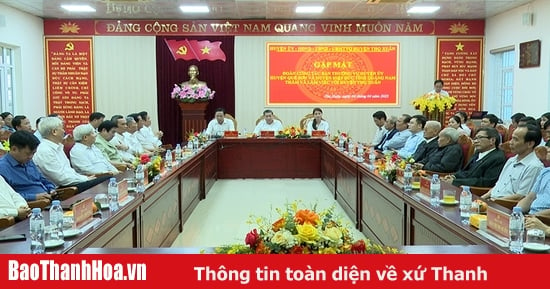
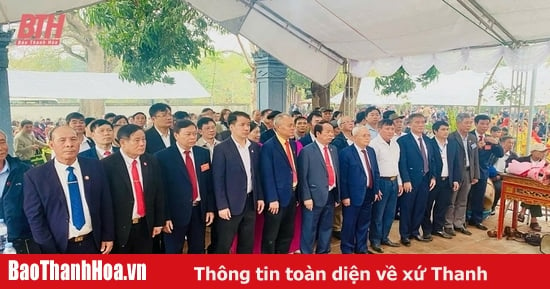



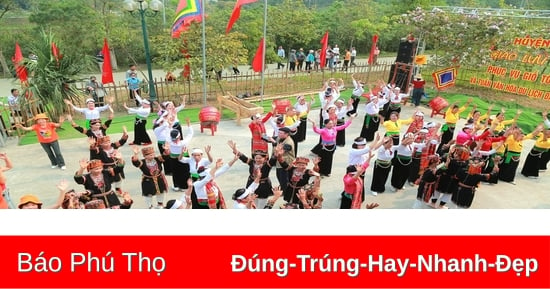
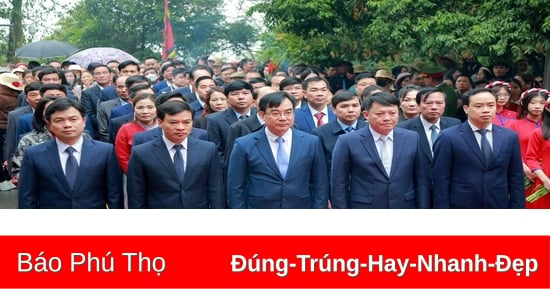

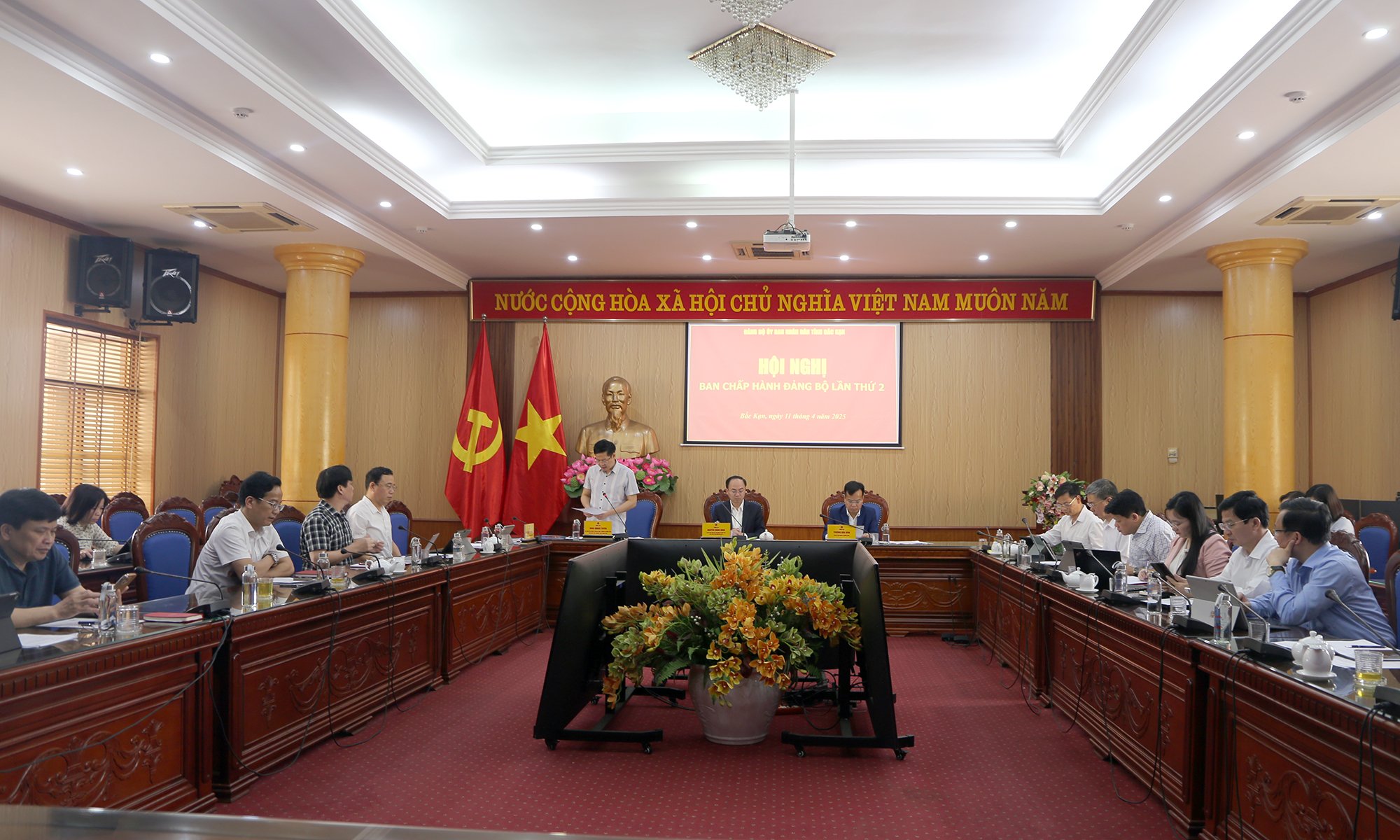
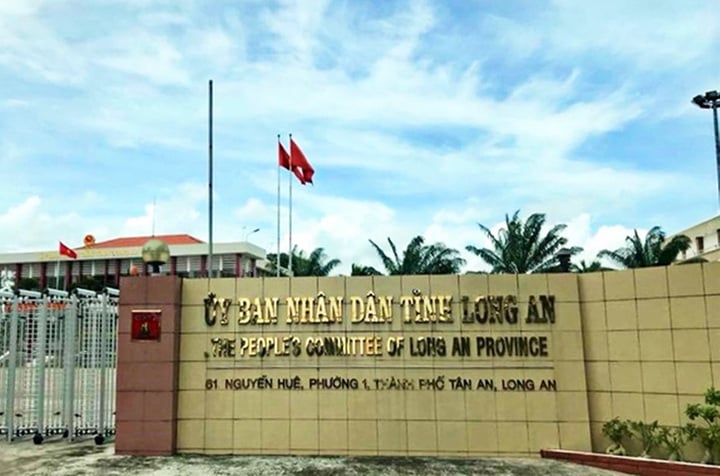

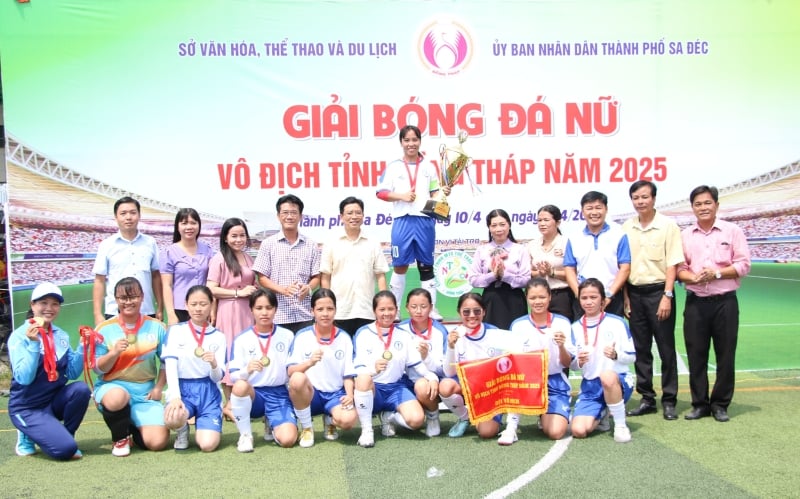





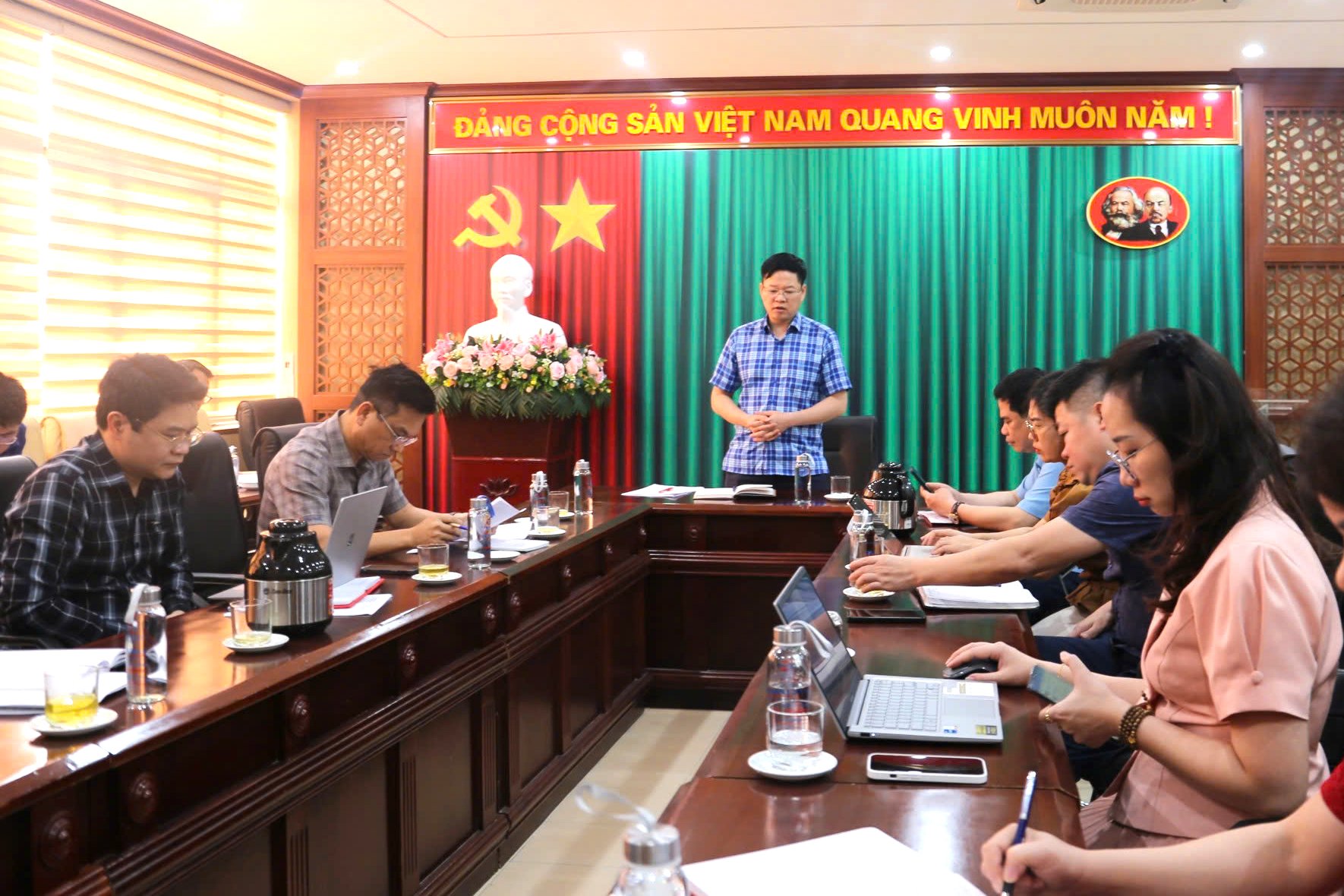
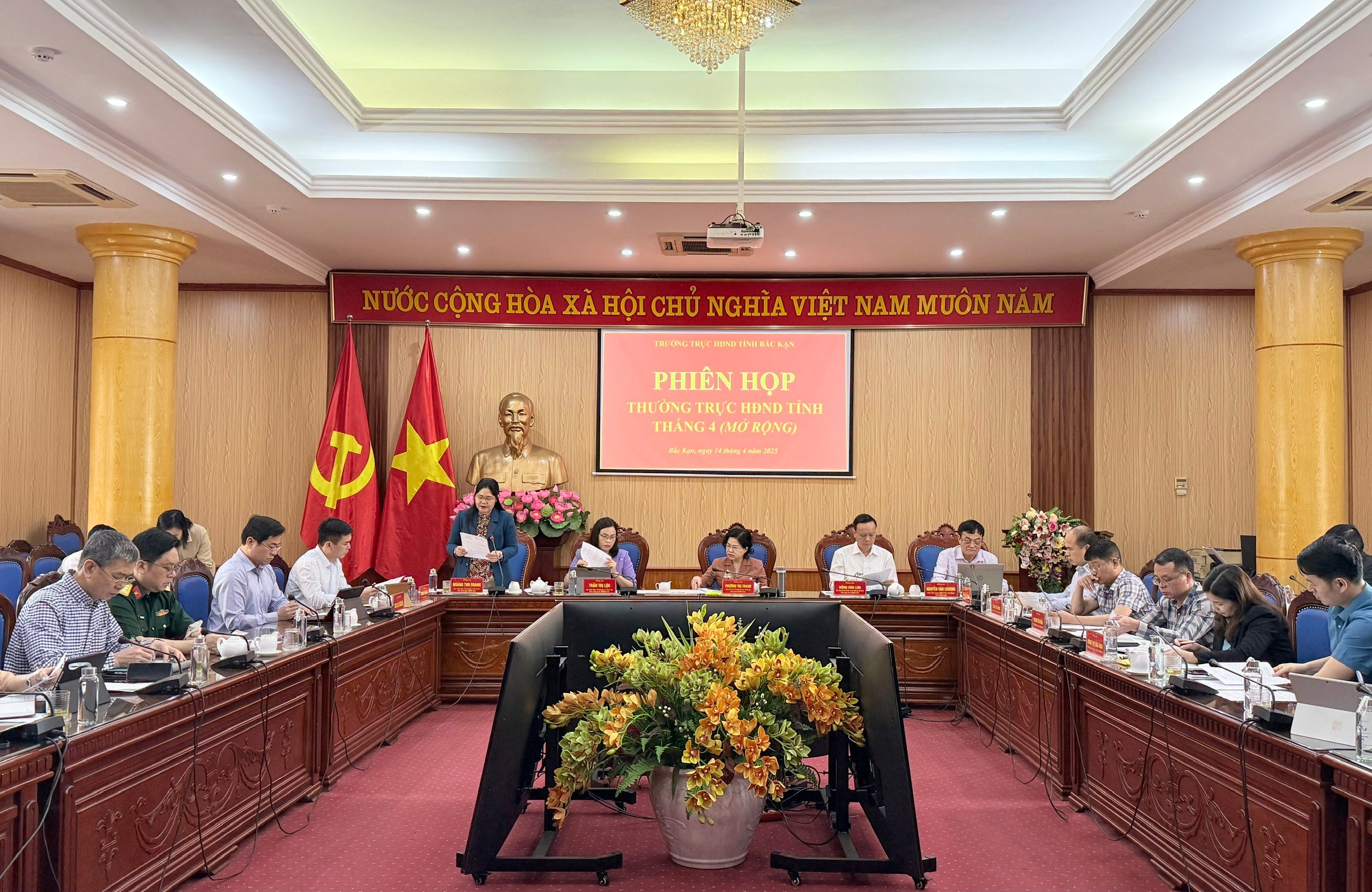

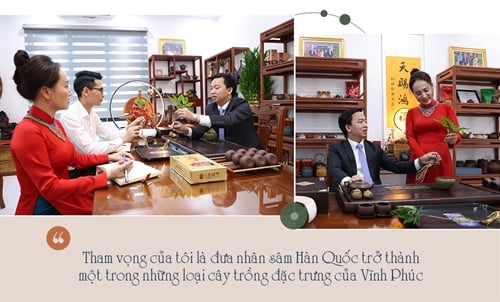
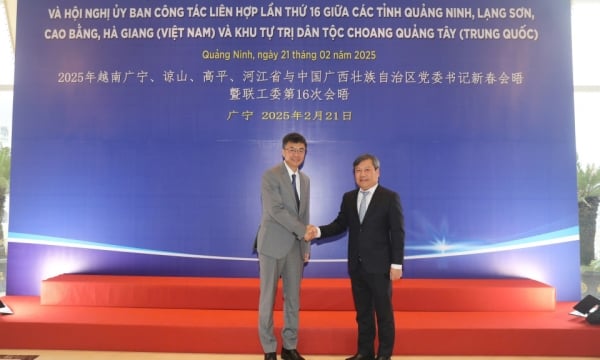
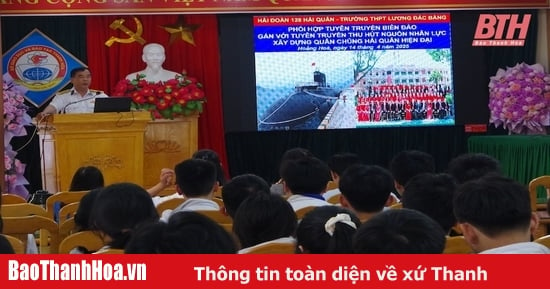















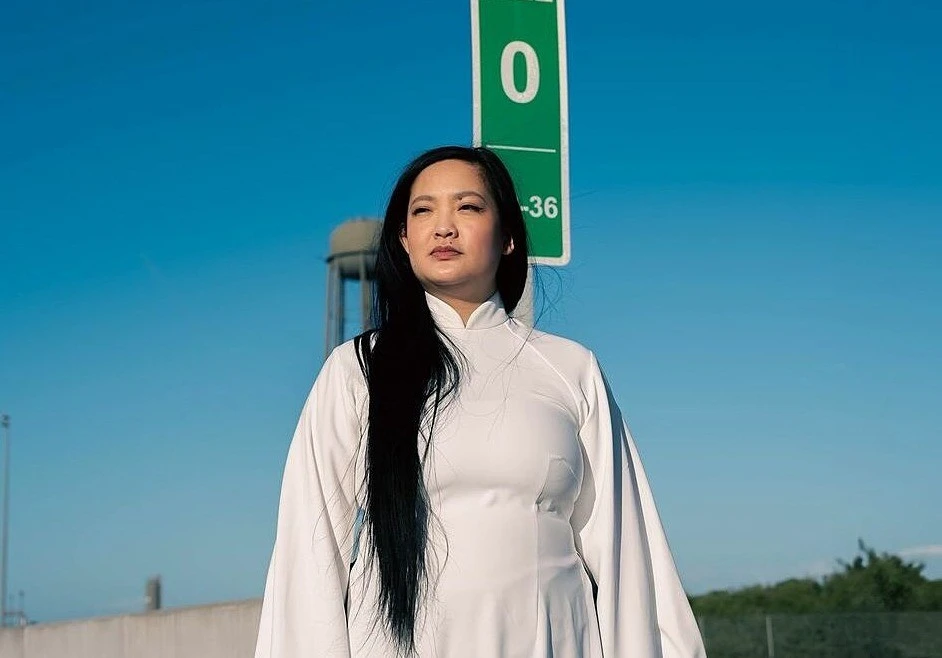

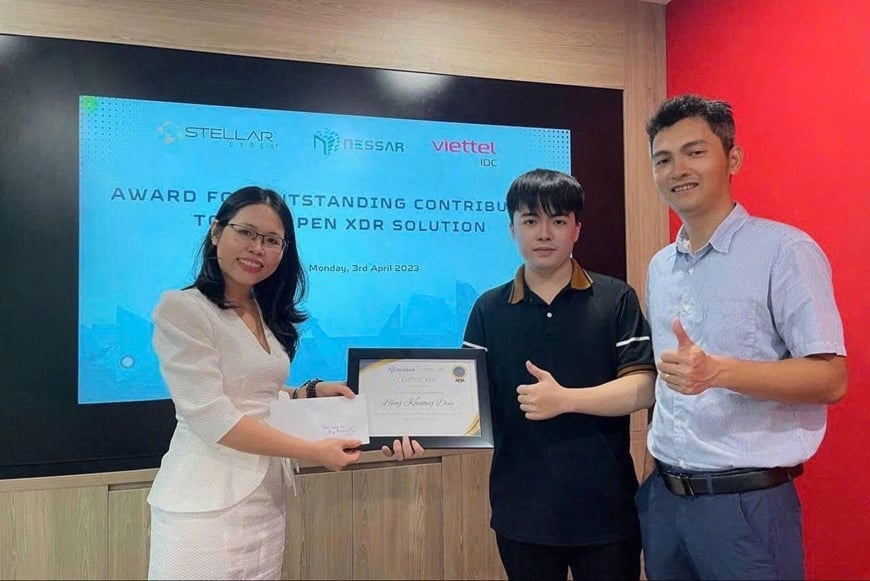












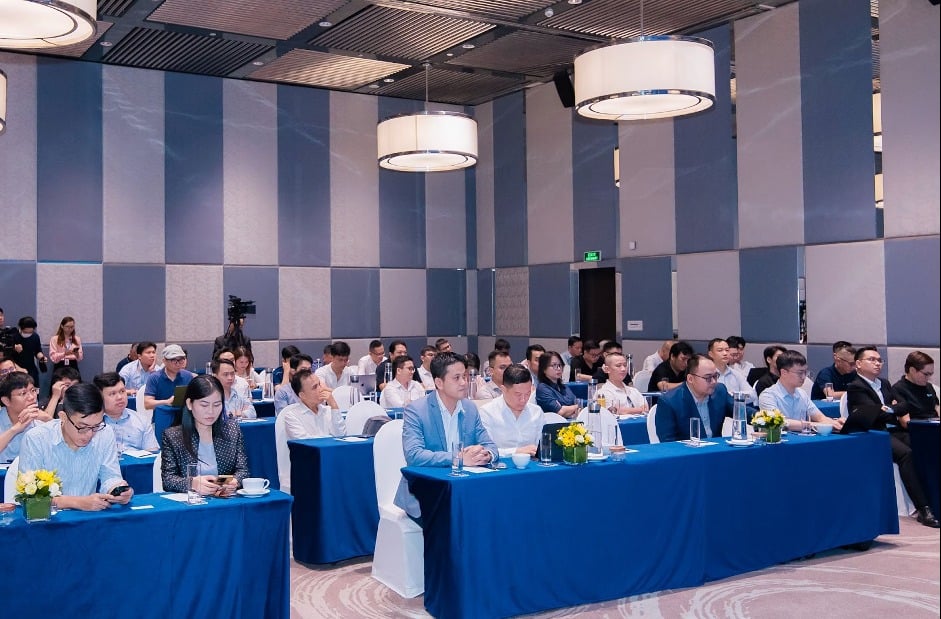
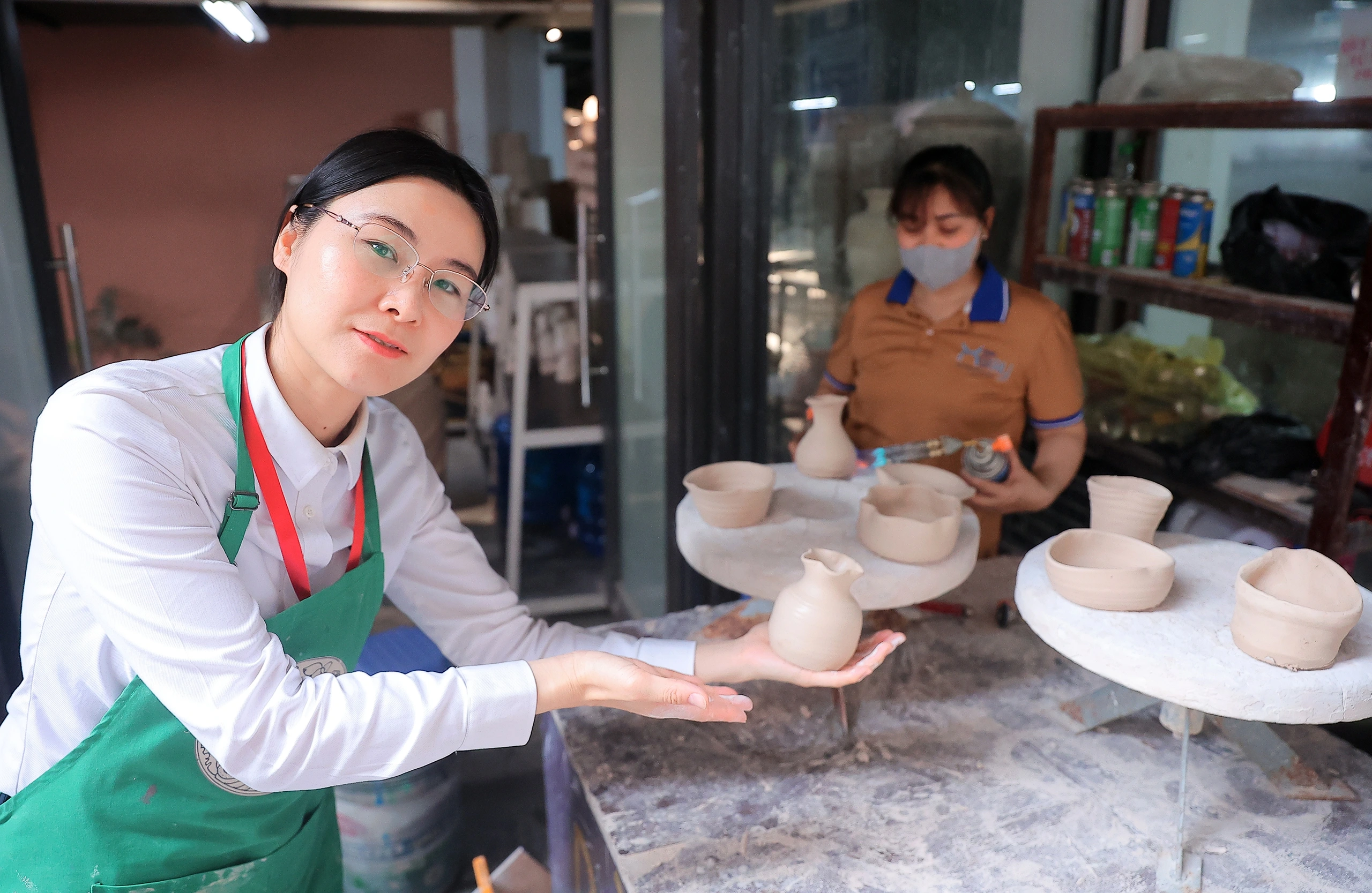

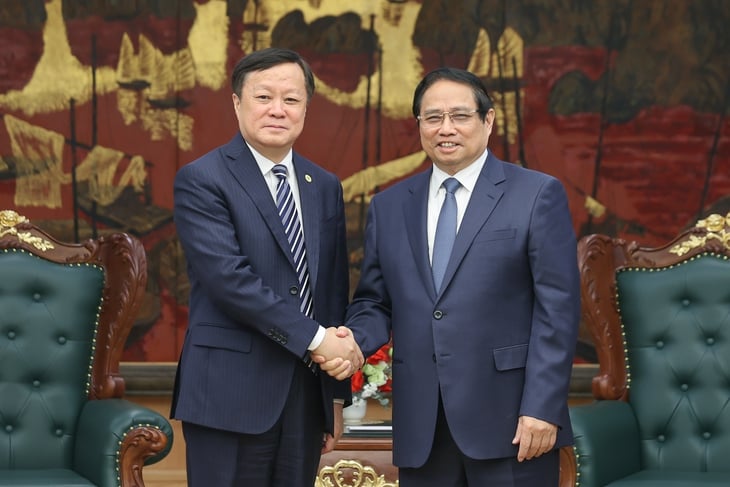
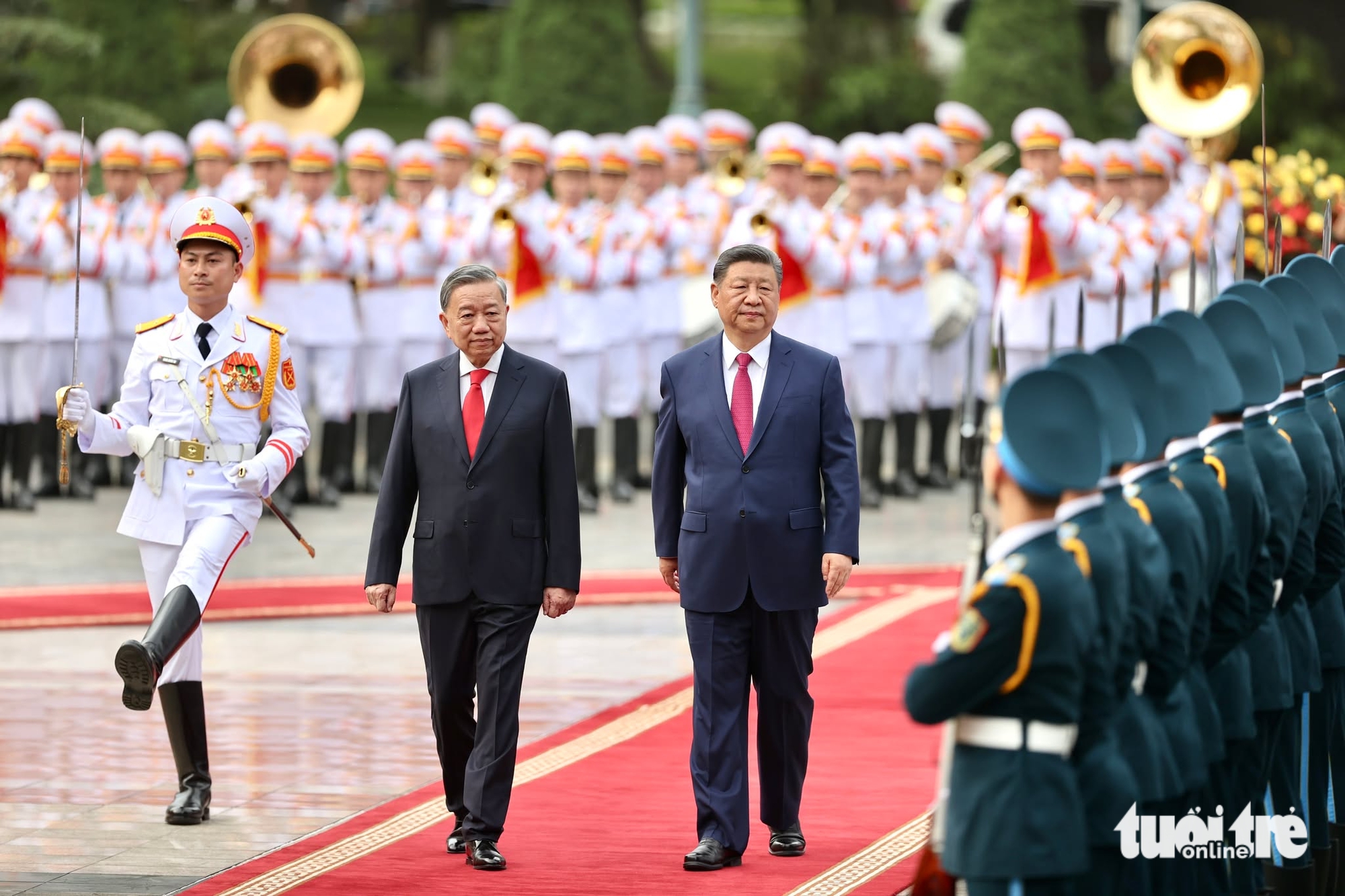
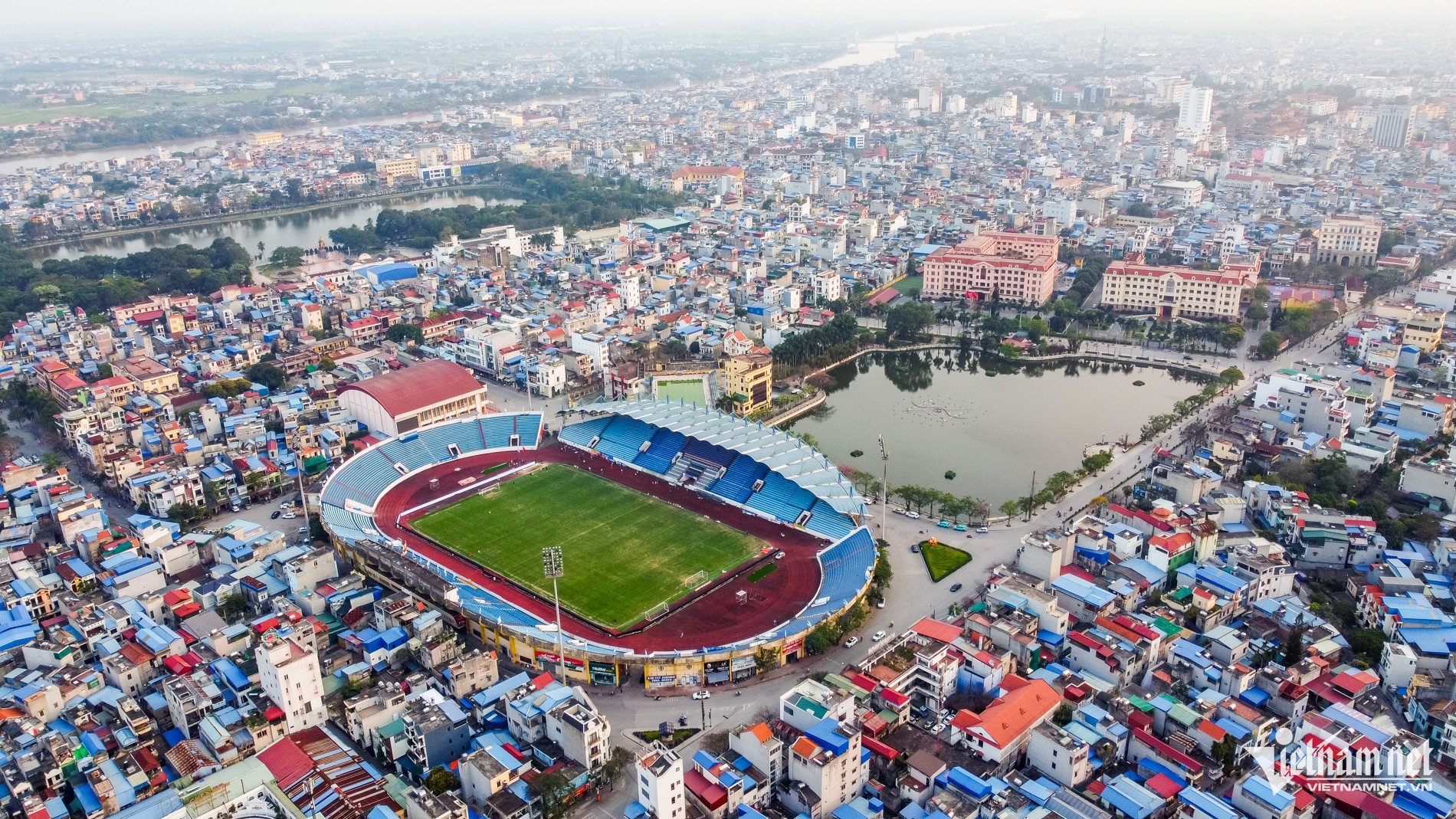
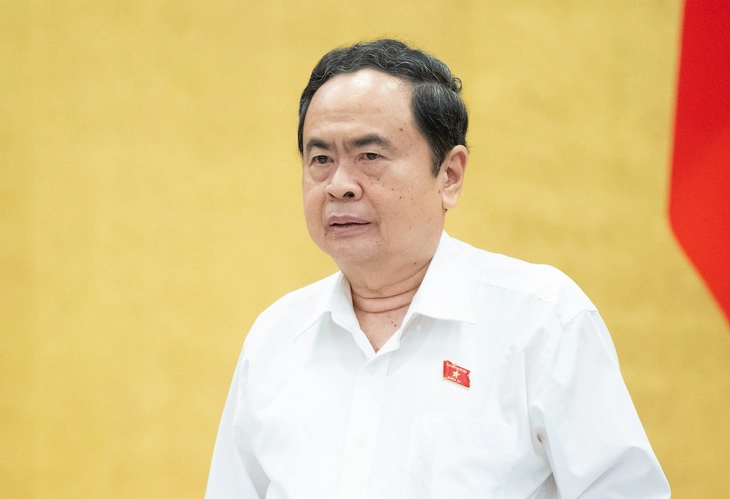
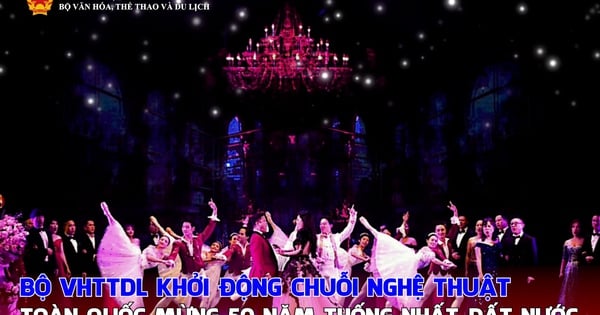

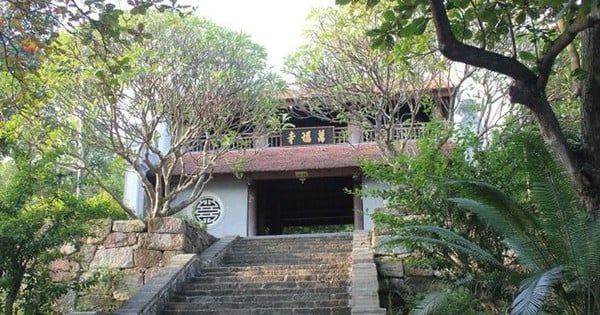
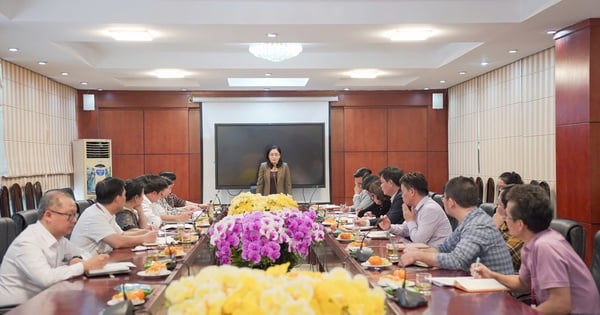
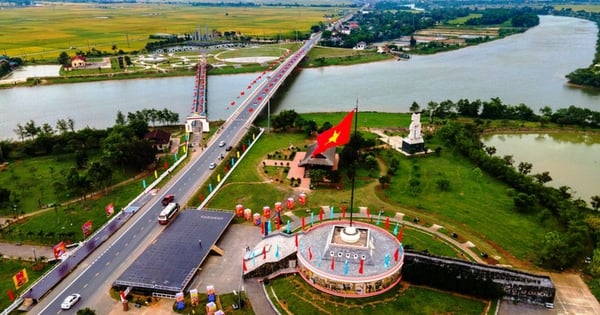
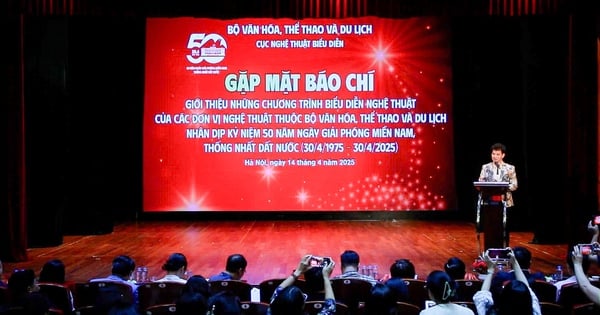
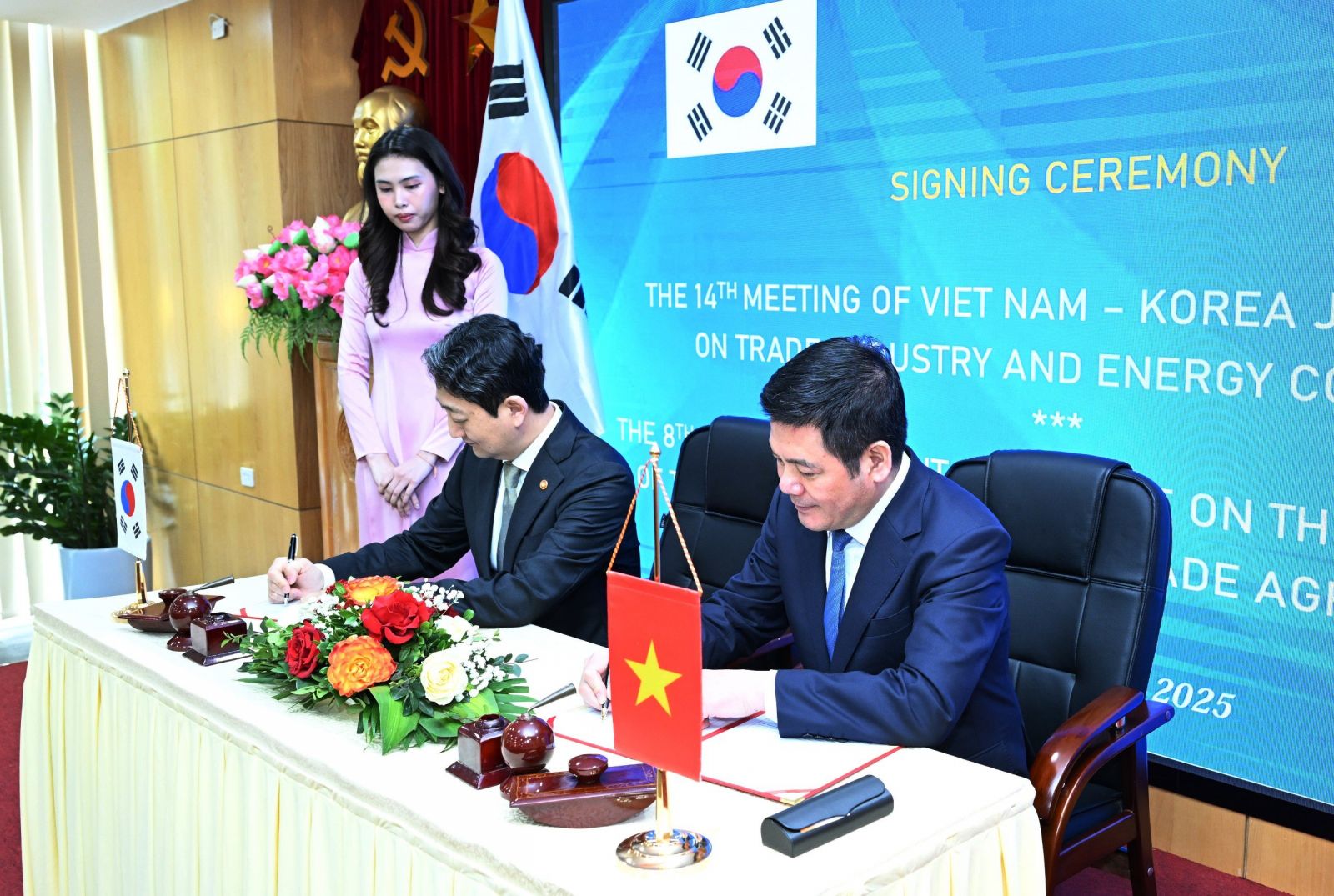

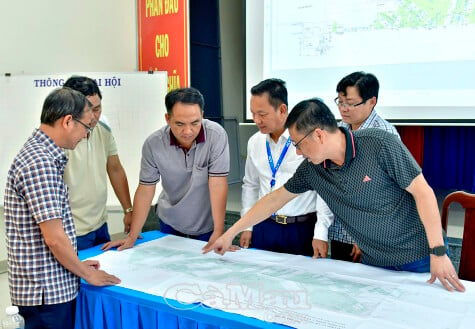

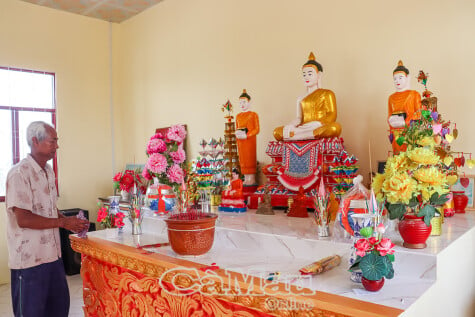

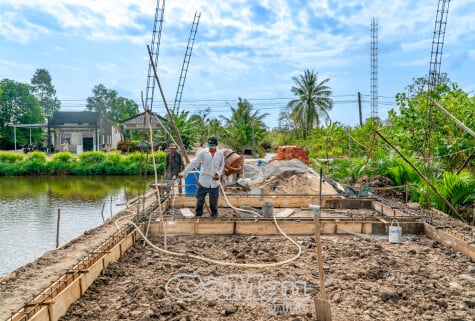
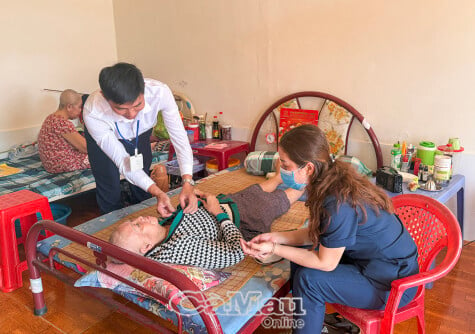












Comment (0)